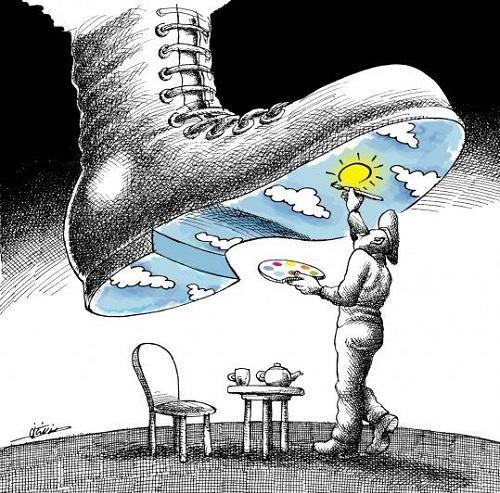
Changing how we breathe can change how we feel. So what makes breathing so effective? It’s very difficult to talk your way out of strong emotions like stress, anxiety, or anger. Just think about how ineffective it is when a colleague tells you to “calm down” in a moment of extreme stress.
In a highly stressed state, our prefrontal cortex — the part of our brain responsible for rational thinking — is impaired, so logic seldom helps to regain control. This can make it hard to think straight or be emotionally intelligent with your team.
With breathing techniques, it is possible to gain some mastery over your mind. Research shows that different emotions are associated with different forms of breathing.
A Yale team evaluated the impact of three wellbeing interventions:
Breathing Exercises: the impact of a particular program, SKY Breath Meditation- comprehensive series of breathing and meditation exercises.
Mindfulness-Based Stress Reduction: a meditation technique to be aware of each moment in a non-judgmental way.
Foundations of Emotional Intelligence: to improve emotional awareness and regulation.
For example, when you feel joy, your breathing will be regular, deep and slow. If you feel anxious or angry, your breathing will be irregular, short, fast, and shallow. When you follow breathing patterns associated with different emotions, you’ll actually begin to feel those corresponding emotions.
How does this work? Changing the rhythm of your breath can signal relaxation, slowing your heart rate and stimulating the vagus nerve, which runs from the brain stem to the abdomen, and is part of the parasympathetic nervous system, which is responsible for the body’s “rest and digest” activities (in contrast to the sympathetic nervous system, which regulates many of our “fight or flight” responses). Triggering your parasympathetic nervous system helps you start to calm down. You feel better. And your ability to think rationally returns.
When U.S. Marine Corp Officer Jake D.’s vehicle drove over an explosive device in Afghanistan, he looked down to see his legs almost completely severed below the knee. At that moment, he remembered a breathing exercise he had learned in a book for young officers. Thanks to that exercise, he was able to stay calm enough to check on his men, give orders to call for help, tourniquet his own legs, and remember to prop them up before falling unconscious. Later, he was told that had he not done so, he would have bled to death.
In a second study, conducted at the University of Arizona, SKY Breath Meditation was compared to a workshop that taught more conventional, cognitive strategies for stress-management (in other words, how to change your thoughts about stress). Both workshops were rated similarly by participants and they both produced significant increases in social connectedness. However, SKY Breathing was more beneficial in terms of immediate impact on stress, mood, and conscientiousness, and these effects were even stronger when measured three months later.
#stress #covid #strategy #mentalhealth #workfromhome
How can we help?
Please review our services below. If you don’t find what you are looking for, please contact Arcus. We would be pleased to discuss your project. Often change management requires a combination of numerous services including culture, appreciative inquiry, capacity and strategy planning, etc.

